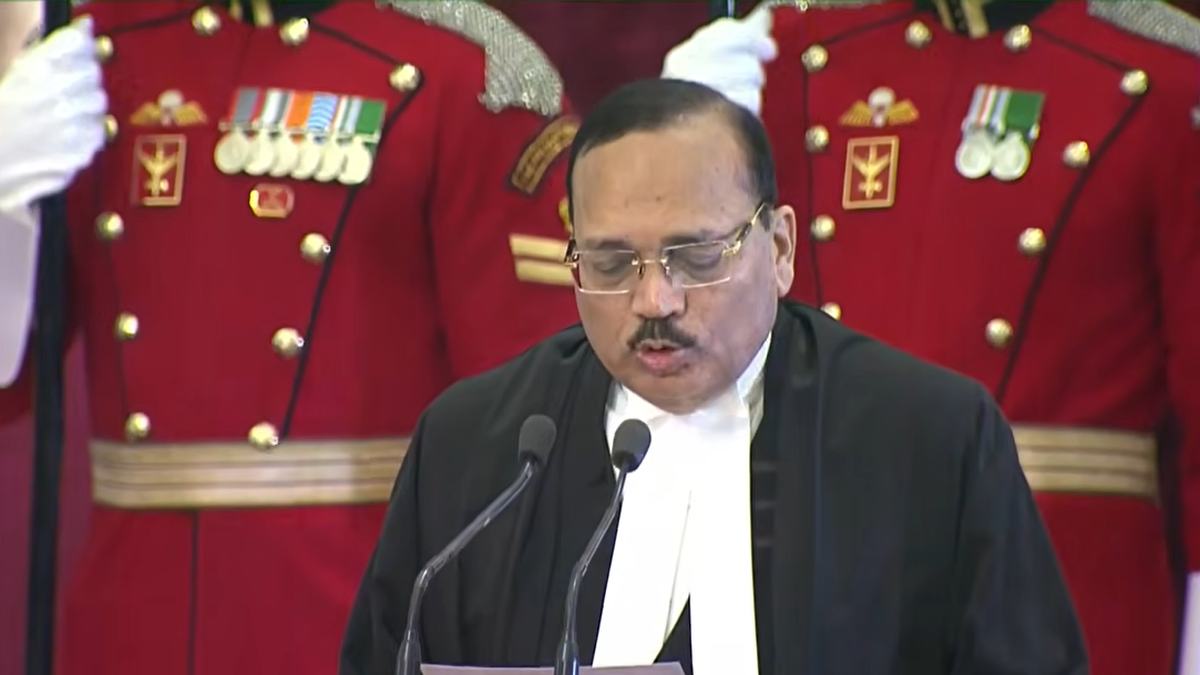In a ceremony held at Rashtrapati Bhavan on Monday, President Droupadi Murmu administered the oath of office to Justice Surya Kant, formally elevating him as the 53rd Chief Justice of India. He takes over from Justice BR Gavai and is set to remain in the post until February 9, 2027, his retirement date.
A Judicial Career Shaped Across Courts and States
Justice Kant’s legal journey began in Hisar, where he was born on February 10, 1962, and where he completed early studies before earning his law degree from Maharshi Dayanand University in 1984. He entered the profession the same year at the Hisar district court and expanded his practice in Chandigarh from 1985, focusing heavily on constitutional and service matters.
His rise was rapid: in 2000, he became Haryana’s youngest Advocate General, followed by his designation as a senior advocate the next year. His judicial appointments began with the Punjab and Haryana High Court in 2004, progressing to the role of Chief Justice of the Himachal Pradesh High Court in 2018. He joined the Supreme Court in May 2019.
Along the way, he pursued higher studies, completing his Master’s in Law from Kurukshetra University in 2011, where he secured the top position in his batch with “first class first”.
Important Verdicts and National Impact
During his tenure in the Supreme Court, Justice Kant participated in several significant benches and authored more than 300 judgments. Among his notable contributions are:
-
The Constitution Bench decision upholding the abrogation of Article 370.
-
Judgments concerning Section 6A of the Citizenship Act.
-
Granting interim bail to former Delhi chief minister Arvind Kejriwal while holding his arrest lawful.
-
A ruling in the presidential reference concerning the timeline for gubernatorial assent on state bills.


